Intro
Discover the 5 Mono Blood Tests, including mono spot test, to diagnose mononucleosis. Learn about EBV antibody tests, mono infection symptoms, and lab results interpretation.
The importance of blood tests cannot be overstated, as they play a crucial role in diagnosing and monitoring various health conditions. Among the numerous types of blood tests, mono blood tests are particularly significant in detecting infectious mononucleosis, commonly known as mono or the "kissing disease." This condition is usually caused by the Epstein-Barr virus (EBV) and can lead to symptoms such as fever, sore throat, and fatigue. Understanding the different types of mono blood tests and their implications is essential for healthcare providers and individuals alike.
Mono blood tests are vital for identifying the presence of EBV in the body, which can help healthcare providers diagnose mono and rule out other conditions with similar symptoms. The tests can also monitor the progression of the disease and determine the best course of treatment. Furthermore, mono blood tests can detect the presence of antibodies, which are proteins produced by the immune system in response to the infection. By analyzing these antibodies, healthcare providers can determine whether an individual has a current or past EBV infection.
The process of conducting mono blood tests typically involves a simple blood draw, where a healthcare provider collects a sample of blood from a vein in the arm. The blood sample is then sent to a laboratory for analysis, where various tests can be performed to detect the presence of EBV or antibodies. The results of these tests can provide valuable insights into an individual's health and help healthcare providers make informed decisions about diagnosis and treatment.
Mono Blood Test Types
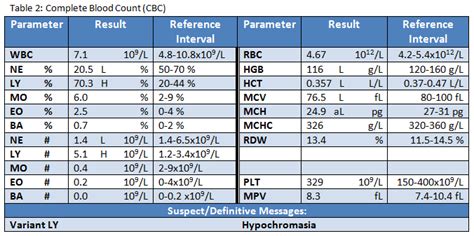
There are several types of mono blood tests, each with its own unique characteristics and purposes. The most common types of mono blood tests include the monospot test, EBV antibody test, and complete blood count (CBC). The monospot test, also known as the Paul-Bunnell test, detects the presence of heterophile antibodies, which are proteins produced by the immune system in response to EBV. This test is often used to diagnose mono, particularly in the early stages of the disease.
Monospot Test
The monospot test is a rapid and relatively simple test that can provide results within a few hours. However, it may not be as accurate as other tests, particularly in the early stages of the disease. The test involves mixing the blood sample with a substance that reacts with heterophile antibodies, causing the blood cells to clump together. If the test is positive, it indicates the presence of heterophile antibodies and suggests a diagnosis of mono.EBV Antibody Test
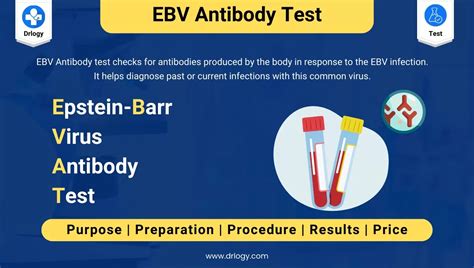
The EBV antibody test is a more sensitive and specific test than the monospot test. It detects the presence of antibodies against EBV, which can indicate a current or past infection. The test can also distinguish between different types of antibodies, such as IgM and IgG, which can provide valuable information about the stage of the disease. IgM antibodies are typically present in the early stages of the disease, while IgG antibodies are present in the later stages and can persist for years after the infection has resolved.
Complete Blood Count (CBC)
A CBC is a comprehensive test that measures various components of the blood, including red and white blood cells, platelets, and hemoglobin. The test can help diagnose a range of health conditions, including anemia, infection, and bleeding disorders. In the context of mono, a CBC can help healthcare providers monitor the progression of the disease and detect any potential complications, such as anemia or low platelet count.Mono Blood Test Results
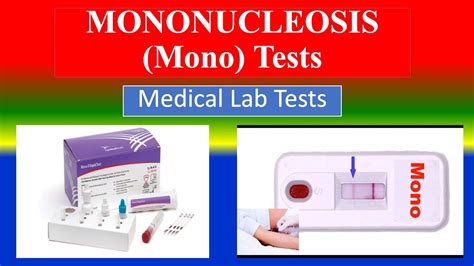
Interpreting the results of mono blood tests requires careful consideration of various factors, including the type of test, the stage of the disease, and the individual's overall health. A positive monospot test or EBV antibody test can indicate a diagnosis of mono, while a negative test does not necessarily rule out the disease. In some cases, additional testing may be necessary to confirm a diagnosis or monitor the progression of the disease.
Positive Test Results
A positive test result can indicate a current or past EBV infection. However, it is essential to consider the individual's symptoms, medical history, and physical examination results when interpreting the test results. In some cases, a positive test result may not necessarily mean that the individual has mono, as EBV can cause other health conditions or be present in the body without causing symptoms.Mono Blood Test Preparation
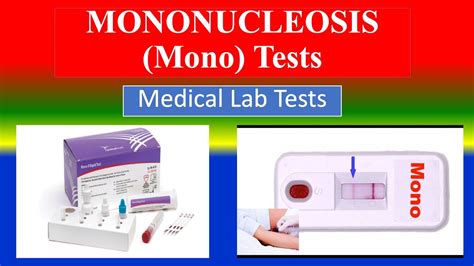
Preparing for a mono blood test typically involves a simple process that requires minimal preparation. However, there are some essential steps that individuals can take to ensure accurate test results and minimize potential complications. These steps include fasting for a few hours before the test, avoiding certain medications or supplements, and informing the healthcare provider about any underlying medical conditions or allergies.
Pre-Test Instructions
Before undergoing a mono blood test, individuals should follow the pre-test instructions provided by their healthcare provider. These instructions may include avoiding certain foods or drinks, taking medications or supplements as directed, and arriving at the testing facility at the scheduled time. By following these instructions, individuals can help ensure accurate test results and minimize potential complications.Mono Blood Test Risks and Complications
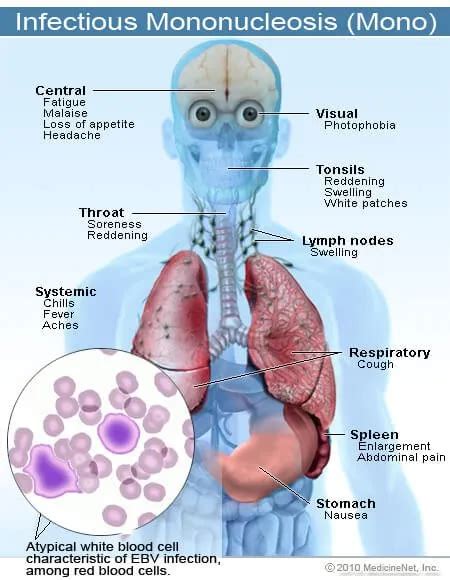
While mono blood tests are generally safe and well-tolerated, there are some potential risks and complications that individuals should be aware of. These risks include bruising or bleeding at the injection site, dizziness or lightheadedness, and infection. In rare cases, the test may also cause an allergic reaction or other adverse effects.
Post-Test Care
After undergoing a mono blood test, individuals should follow the post-test care instructions provided by their healthcare provider. These instructions may include applying pressure to the injection site, elevating the arm to reduce swelling, and monitoring for signs of infection or other complications. By following these instructions, individuals can help minimize potential risks and ensure a smooth recovery.Mono Blood Test Cost
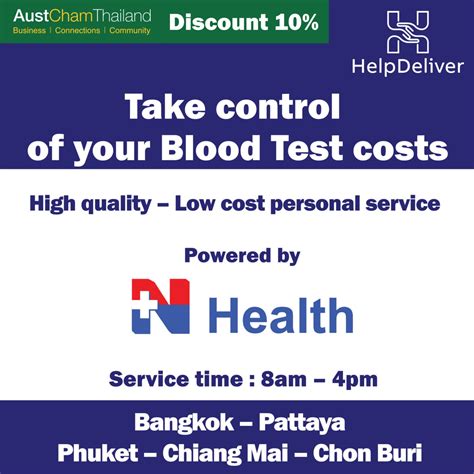
The cost of a mono blood test can vary depending on several factors, including the type of test, the location, and the healthcare provider. On average, the cost of a monospot test can range from $10 to $50, while the cost of an EBV antibody test can range from $20 to $100. A CBC can cost between $10 to $50. It is essential to check with the healthcare provider or insurance company to determine the exact cost of the test and any potential out-of-pocket expenses.
Insurance Coverage
In many cases, mono blood tests are covered by health insurance, particularly if the test is deemed medically necessary. However, the extent of coverage can vary depending on the insurance provider and the individual's policy. It is essential to check with the insurance company to determine the exact coverage and any potential out-of-pocket expenses.What is a mono blood test?
+A mono blood test is a diagnostic test used to detect the presence of Epstein-Barr virus (EBV) in the blood, which can cause infectious mononucleosis, also known as mono or the "kissing disease."
What are the different types of mono blood tests?
+The most common types of mono blood tests include the monospot test, EBV antibody test, and complete blood count (CBC). Each test has its own unique characteristics and purposes.
How do I prepare for a mono blood test?
+To prepare for a mono blood test, individuals should follow the pre-test instructions provided by their healthcare provider, which may include fasting for a few hours before the test, avoiding certain medications or supplements, and informing the healthcare provider about any underlying medical conditions or allergies.
In conclusion, mono blood tests play a vital role in diagnosing and monitoring infectious mononucleosis. By understanding the different types of mono blood tests, their implications, and the preparation required, individuals can take an active role in their healthcare and make informed decisions about their treatment. If you have any questions or concerns about mono blood tests, we encourage you to comment below or share this article with others who may benefit from this information. Additionally, you can take specific actions such as consulting with a healthcare provider or learning more about the different types of mono blood tests to stay informed and proactive about your health.
